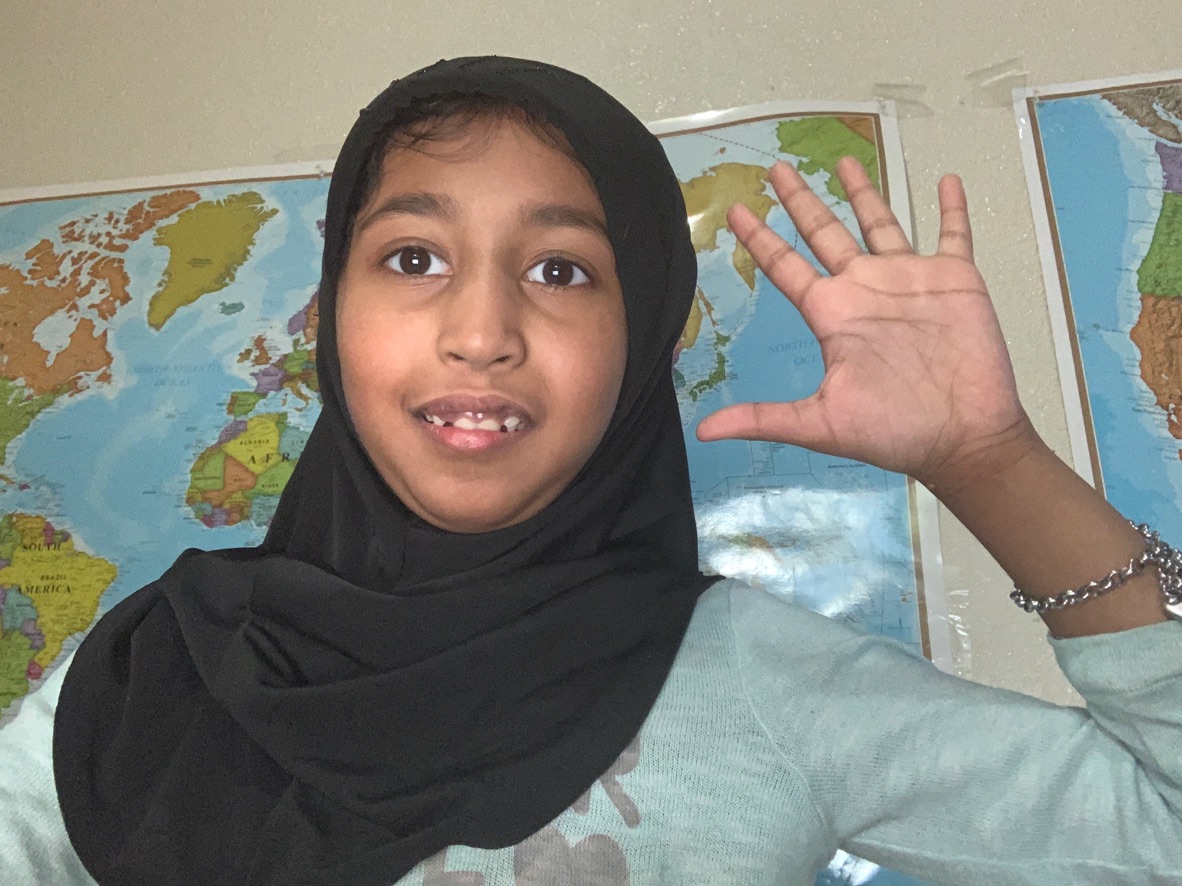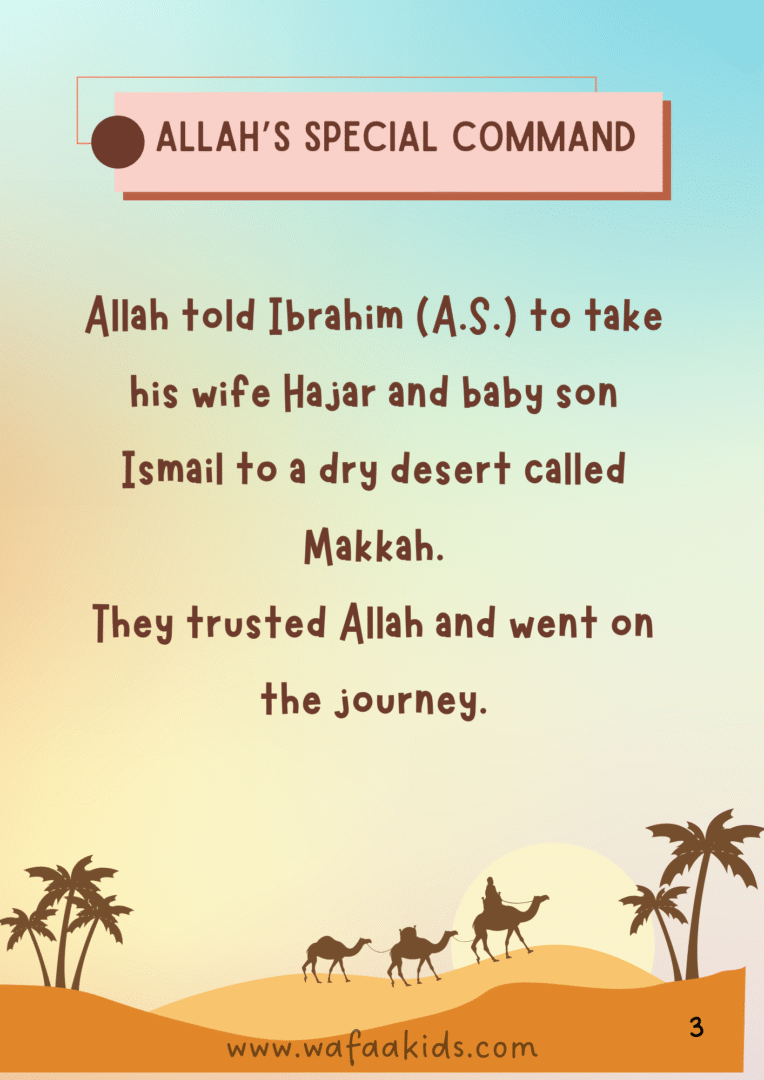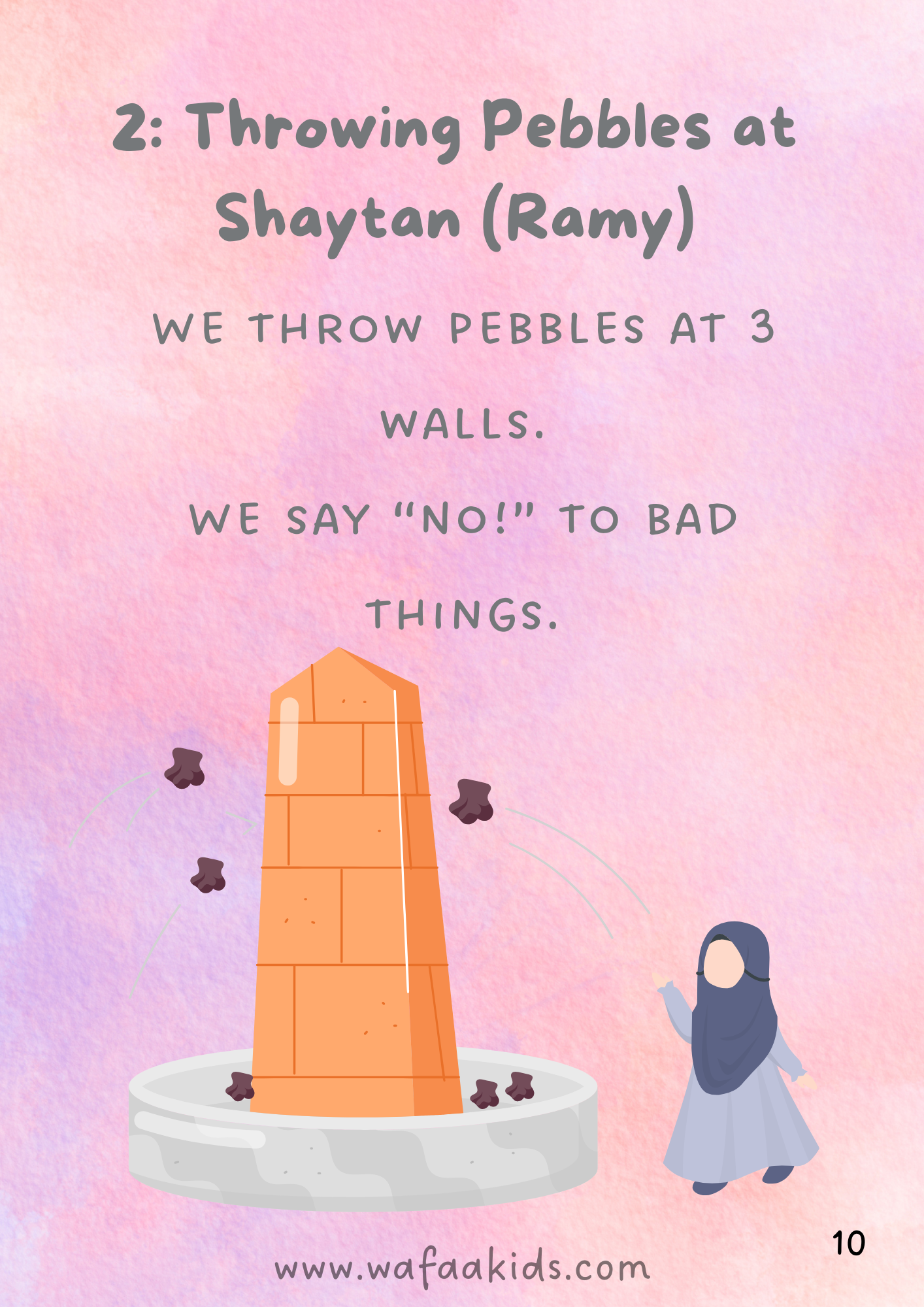does the quran say to kill non believers?

Context and Controversy: Does the Quran Say to Kill Non-Believers?
This question is perhaps one of the most serious and persistent accusations leveled against the Islamic faith. It is a question that fuels fear, justifies prejudice, and is often employed by both extremist groups and vocal critics of Islam to paint the religion as inherently violent.
The Foundation: Peace, Justice, and "No Compulsion"
Before addressing the verses on fighting, it is critical to establish the normative relationship between Muslims and non-Muslims as defined by the Quran. The baseline is one of peace and justice. The most famous and unequivocal statement on this matter is:
“There is no compulsion in religion. Truly, the right path has become clearly distinct from the wrong.” (Quran 2:256)
This verse is not a mere suggestion; it is a foundational legal principle. It explicitly forbids forcing one’s faith upon another. This principle is reinforced by the command given to the Prophet Muhammad himself:
This is a clear declaration of coexistence. The Quran even goes further, outlining how Muslims should interact with non-Muslims who are peaceful:
“Allah does not forbid you from being good and just to those who have not fought you over religion and have not driven you out of your homes. Indeed, Allah loves those who are just.” (Quran 60:8)
This verse makes a crucial distinction: there are non-believers who are peaceful, and there are those who actively fight Muslims and drive them from their homes. The Quran commands kindness and justice toward the former.
Addressing the "Verses of Violence"
If the foundation is peace, then why do people ask, does the quran say to kill non believers? This question arises from a handful of verses, most famously Surah At-Tawbah (Chapter 9), verse 5, often dubbed the “Verse of the Sword”:
“…then slay the polytheists (mushrikeen) wherever you find them, and besiege them, and sit in wait for them at every place of ambush.” (Quran 9:5)
Viewed in isolation, this verse is terrifying. It appears to be the exact “blanket command” that critics claim it is. But no verse in the Quran is an isolated command. It exists within a textual and historical context that completely changes its meaning.
Instilling these deep values of faith and identity starts when children are young. At Wafaakids.com, our beautifully illustrated Islamic ebooks help you teach children the foundational stories of our faith and prophets.
The Critical Importance of Context
Historical Context: Surah At-Tawbah was one of the last chapters revealed to the Prophet Muhammad. It was revealed at a time when the nascent Muslim community in Medina had been in a state of near-constant warfare for years. They were facing persecution, torture, and military campaigns from the polytheistic tribes of Mecca who had repeatedly broken treaties and sought to exterminate the new faith. This chapter was not revealed in a vacuum; it was a wartime declaration against specific, belligerent enemies who had declared war first.
Textual Context (The “Off-Ramp”): The verses immediately before and after 9:5 are almost always ignored by critics.
Verse 9:4 explicitly makes an exception: “Except for those polytheists with whom you have a treaty, and who have not failed you in anything… then fulfill your treaty with them to its term.” The command to fight did not even apply to non-believers who were peaceful and honored their agreements.
Verse 9:6 provides a clear “off-ramp” that nullifies the “kill on sight” interpretation: “And if any one of the polytheists seeks your protection, then grant him protection, so that he may hear the words of Allah. Then deliver him to his place of safety.”
This is the very opposite of an order for genocide. The verse commands that if an enemy soldier—in the middle of a battle—asks for asylum, the Muslim soldier must stop fighting, grant him protection, escort him to safety, and let him go. This verse alone dismantles the argument that 9:5 is a universal command.
Understanding these foundational concepts is key to a sound Islamic education. We must teach our children the core, peaceful message from the very beginning.
At wafaakhttps://www.google.com/search?q=ids.com, our ebooks simplify the beautiful, peaceful message of the Quran and the Prophets for young hearts. Let’s build a foundation of understanding, not misconception, for the next generation.
The Rules of War vs. Murder
The Quranic verses on fighting, therefore, are not about “killing non-believers” but about the permissible rules of warfare in self-defense. This concept is known as Jihad.
The term “Jihad” itself is widely misunderstood. Its literal meaning is “to struggle” or “to strive.” The “Greater Jihad” (Jihad al-Akbar) is the personal, internal struggle to be a better person. The “Lesser Jihad” (Jihad al-Asghar) is the physical, armed struggle, but it is bound by strict, non-negotiable rules.
When warfare was permitted, the Prophet Muhammad, drawing from Quranic principles, laid down strict rules of engagement that are the antithesis of “kill all non-believers”:
Do not kill women.
Do not kill children.
Do not kill the elderly or the infirm.
Do not kill priests, monks, or rabbis in their places of worship.
Do not destroy homes, crops, or livestock.
Do not mutilate the bodies of the dead.
Do not harm those who have surrendered.
This is a clear ethical framework for a just war, limited to combatants on a battlefield. It is a far cry from the modern, nihilistic violence of terrorist groups who completely ignore these rules.

Prophets Stories
Course
5 - 16 Years Old
Your Child will learn The Prophets stories from cartoon and then we will teach them how to create their own prophet story using the ai.

What is islam Course
7 - 16 Years Old
Discover the beauty, history, and teachings of Islam in our What is Islam Course—a clear and engaging introduction for anyone who wants to understand the world’s fastest-growing faith.
The Sacredness of All Innocent Life
Finally, the Quran’s ultimate position on murder is universal. The “non-believer” is not a subhuman category. The value of a human soul is absolute. The Quran states, in a passage directed to all humanity:
“…whoever kills a soul—unless it be for murder or for spreading mischief in the land—it is as if he had slain mankind entirely. And whoever saves one, it is as if he had saved mankind entirely.” (Quran 5:32)
This verse does not say “whoever kills a Muslim.” It says “whoever kills a soul.” The sanctity of human life—all human life—is the core principle.
So, does the quran say to kill non believers? No.
The Quran commands peace, justice, and kindness towards peaceful non-believers. It does permit—in a specific historical context of persecution and self-defense—a regulated, ethical, and limited form of warfare against those who were actively trying to exterminate the community. It is a text that allows for self-defense but wraps it in rules of mercy, justice, and an “off-ramp” for peace. To claim it commands the indiscriminate killing of all non-believers is to ignore the text’s own context, its ethical framework, and its foundational message.
What is Hajj and How to Do it
$3.99Original price was: $3.99.$1.99Current price is: $1.99.Story of Ibrahim(as) and How Hajj Started
$3.99Original price was: $3.99.$1.99Current price is: $1.99.🕋 Hajj Bundle – Islamic books for kids
$9.99Original price was: $9.99.$4.99Current price is: $4.99.Eid Al-Adha Fun – Ebook for Kids
$3.99Original price was: $3.99.$1.99Current price is: $1.99.What We Can Learn from Hajj ? – E-book
$3.99Original price was: $3.99.$1.99Current price is: $1.99.The Pillars of Al-Hajj and it’s Sunnahs
$3.99Original price was: $3.99.$1.99Current price is: $1.99.The Last 3 Surah’s
$2.99Original price was: $2.99.$0.99Current price is: $0.99.Prophets Stories Bundle – islamic books stories of the prophets
$39.99Original price was: $39.99.$9.99Current price is: $9.99.Allah Knew Me – Hadith – Islamic Ebooks For Kids
$2.99Original price was: $2.99.$0.99Current price is: $0.99.
Table of Contents
What is Hajj and How to Do it
$3.99Original price was: $3.99.$1.99Current price is: $1.99.Story of Ibrahim(as) and How Hajj Started
$3.99Original price was: $3.99.$1.99Current price is: $1.99.🕋 Hajj Bundle – Islamic books for kids
$9.99Original price was: $9.99.$4.99Current price is: $4.99.Eid Al-Adha Fun – Ebook for Kids
$3.99Original price was: $3.99.$1.99Current price is: $1.99.What We Can Learn from Hajj ? – E-book
$3.99Original price was: $3.99.$1.99Current price is: $1.99.The Pillars of Al-Hajj and it’s Sunnahs
$3.99Original price was: $3.99.$1.99Current price is: $1.99.
Popular Posts
Parents Say About WafaaKids.
4.9
(121 Review) From preply
Alhamdulilah, my son enjoys the lessons. Very systematic learning. If would be great if could include videos of the same topic learnt. Kids learn faster through songs & games insyaAllah. Look forward for the next lesson 👍🏻👏🏼Online Quran Academy

I am glad that I have found WafaaKids for my two kids, the teaching style is very flexible and they know how to keep the students engaged and interested in the topic they are teaching, I hope my kids can learn more from them in the coming days InshaAllah. The Best Islamic stories for kids

My son is 13 years old and he takes lessons with WafaaKids for one hour a week. They are very satisfied and their voluntarily asked for another lesson - otherwise he will never study voluntarily. WafaaKids teacher's responds to the student's wishes, their youthful, polite manner and is highly recommended. Already from the first unit I noticed a progress with my son. I'm very satisfied. Online Quran Academy

I am happy to find WafaaKids to teach my 8yr old daughter, Quran and arabic. she has completed around 10 sessions and never got bored. now she is motivated to learn Quran and looks forward to his classes. I like how he engages with kids by telling them stories and other fun activities. he also makes arrangements to interact with other students and their parents to motivate each other. overall he is a good find and I recommend them especially for kids. The Best Islamic stories for kids

FAQs
You ask, We answer
The first step is to fill out a quick form The Form and we will send you the link of your Trial lesson on your mail and what’s app.
We are providing an onsite lessons only in Egypt, Otherwise will be online via any video call platform like Zoom.
Most students enroll in the Basic plan. The average student at WafaaKids spends around $64 per month. This approximately amounts to 8 teaching hours per month or 2 x 1-hour lessons per week which are suited for most levels and ensure the program goals are met. The pricing can be slightly different depending on the plan.
Over the years, we have had successes with very young students but we recognize that every child is different and some might have difficulty interacting with a teacher online. In general, we found that starting from age 7, there are rarely any issues with teaching online.
For younger ages, a guardian might need to accompany the student during the lessons initially to provide support until the student gets used to his/her teacher.
We understand that quality education can get expensive and therefore we offer a number of discounts to maximize the benefit for our students enrolled in our programs.
(1) Family Discounts: Students enrolled in our Basic and Pro plans receive 10% and 5% off respectively when 2 or more members of their family are enrolled in the same plan.
(2) Zakat Fund: For students who experience financial hardship, WafaaKids maintains a Zakat eligible fund that is used towards partially or fully subsidizing fees. You will be required to provide documentation to demonstrate your eligibility.























